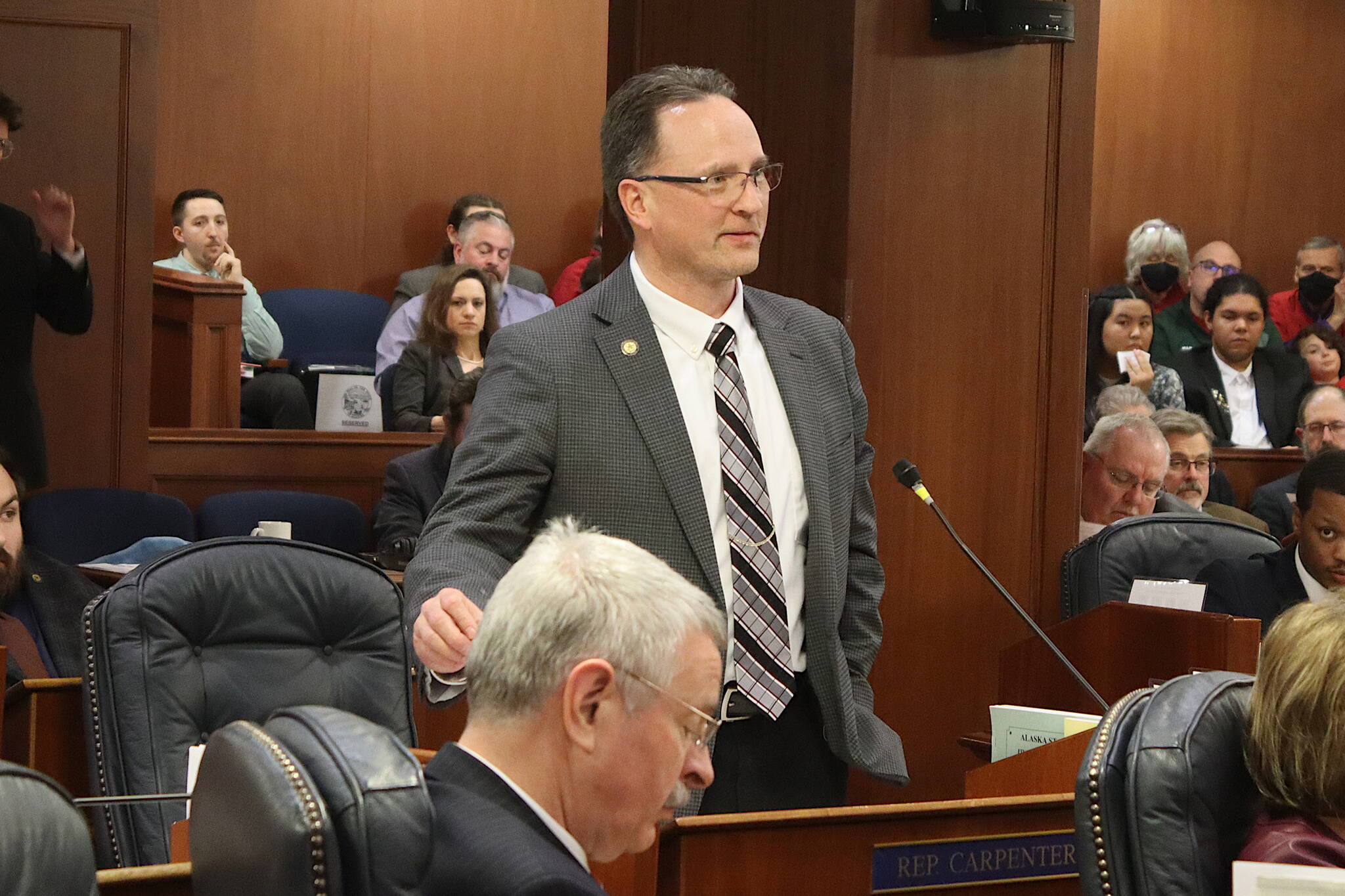Alaska does not have a shortage of people eager to work in the licensed workforce field, but we do have an excess of burdensome process and fees holding our state back. Alaska is ranked 24th in the nation for the most onerous state-level occupational licensing regulation. Which means we are right in the middle for red tape of holding back our citizens from getting licensed and practicing in our state.
Overregulating occupations is a barrier that stands between people who are willing to work and being able to have the job that will support them and their families. And it’s an easy fix. Poor licensing practices are what’s robbing Alaskans of goods, services, and what could be a more robust economy.
My bill, HB 277, provides this much needed fix. Regulations and licensures are usually justified as a means of keeping consumers safe, and safety is important. But compared to the national average — we are dead center when we should be leading the way. If you have gone through licensing process in another state, this law will allow you to be licensed in Alaska. By reducing the cost of licensures to a reasonable amount that falls within a national median we are staying adaptive and agile and ensuring Alaskans get to work.
Licensing policy is typically driven by special interests, not the public interest. We must do better for Alaska and ensure the balance between reasonable process and consumer protections. Mountains of regulations can easily get out of control, become counterproductive, or contradict each other, which harms the economy.
Alaska’s workforce is dwindling for a variety of reasons, and it will take a multi-pronged approach to encourage workers to rejoin the labor force in the state. One thing stopping some from working or transitioning to a different career is undue occupational licensing burdens. While rigorous processes to obtain licenses for some careers — such as doctors, psychotherapists, and surgeons — make sense, there are plenty of jobs that should not have such burdensome licensing requirements.
The Institute for Justice identified 64 lower income occupational licenses required by the state of Alaska. The cost of these licenses is higher in Alaska for 42 of the 64 occupations. The Institute for Justice also identified 32 occupational licenses in Alaska that have no licensing requirements in at least 20 other states. HB 277 eliminates licensing, but not regulatory, requirements in Alaska for those professions.
It would benefit Alaska to recognize out-of-state licenses when the holders are in good standing or join interstate licensing compact agreements such as the nurse licensure compact. It could also find ways to cut back on the number of barriers and licenses required to work in Alaska. Alaska needs workers, and yet the state is keeping individuals from working through burdensome licensing requirements. Alaska can be a thriving state, with strong families and self-sufficient individuals. It is time to make that happen.
HB 277 requires occupational licenses to cost no more in Alaska than other states and allows for universal licensing reciprocity with other states. HB 277 will fast-track the economic benefits of newly licensed workers by immediately allowing universal reciprocity for licenses granted by other states. HB 277 will immediately remove some of the cost burden for licensees and prospective licensees.
Ben Carpenter represents House District 8 and is chairman of the Ways & Means Committee. Contact Rep.Ben.Carpenter@akleg.gov, 907-465-3779 or visit https://bencarpenterpost.com/.

